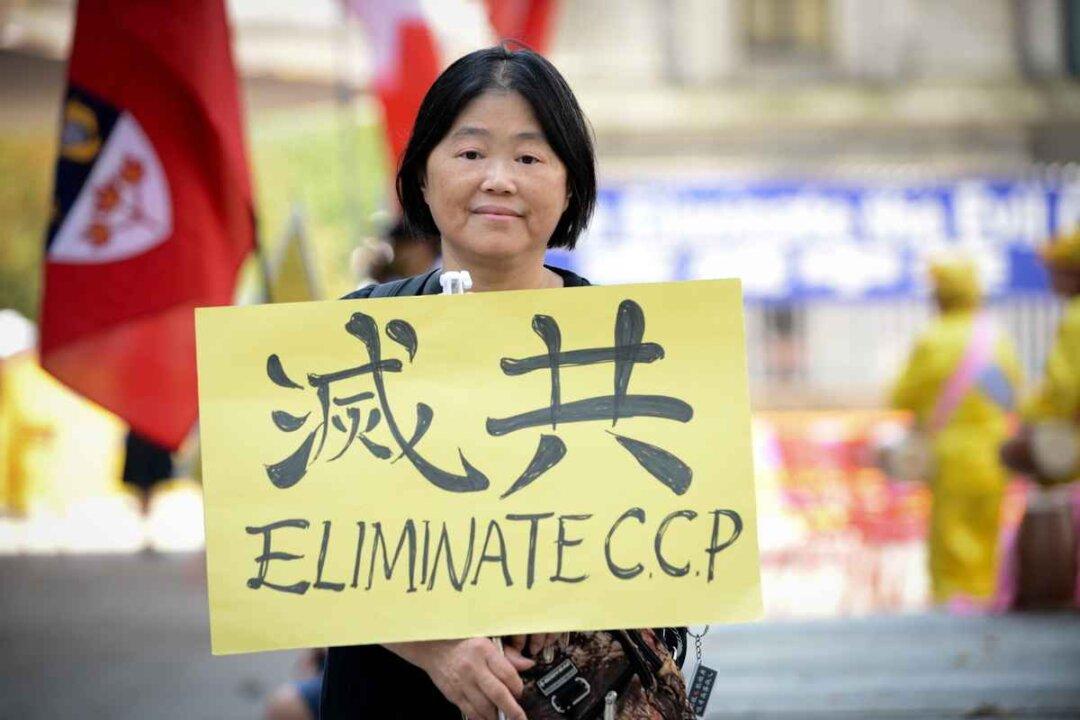Auntie Chun is a 63 years old single mother, living on alimony, and her child is already grown up. Before 2019, she would travel alone, including travel to the mainland because it was cheaper. She arranged a lot of interesting things to do in her leisure time. She sold her flat and paid off all of her loans in 2019.
In May 2019, she used the remaining money to travel to Canada.
